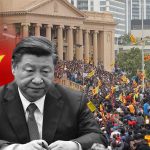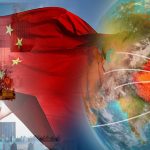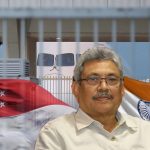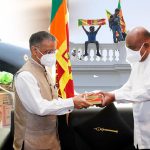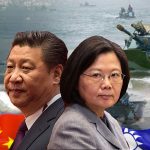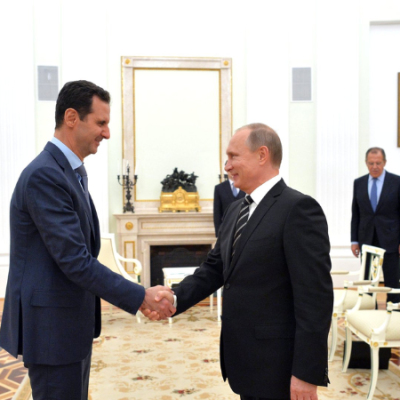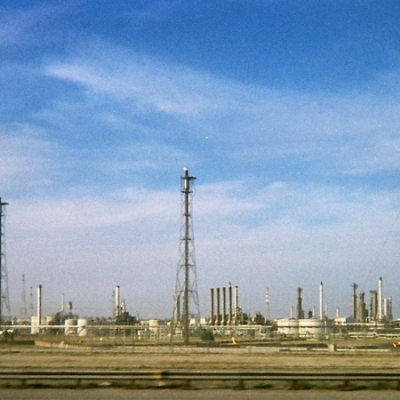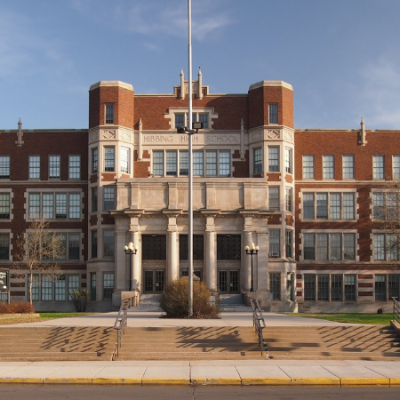China placed a wrong bet on Sri Lanka’s Rajapaksa Family
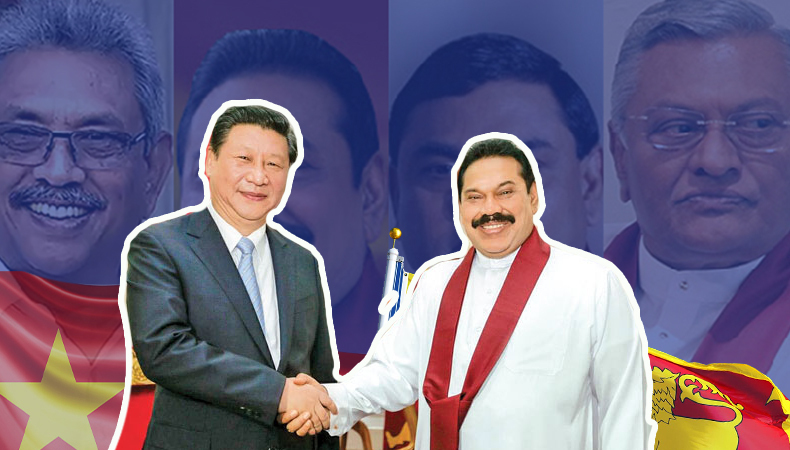
 China–The Chinese Embassy made no statements or tweeted throughout the invasion of the presidential palace in Colombo by Sri Lankan demonstrators. The United States, the European Union, and India all made comments before Monday afternoon, when the Chinese Ministry of Foreign Affairs finally did. Even a tweet equating the circumstances in Sri Lanka to the French Revolution was reposted by the French embassy.
China–The Chinese Embassy made no statements or tweeted throughout the invasion of the presidential palace in Colombo by Sri Lankan demonstrators. The United States, the European Union, and India all made comments before Monday afternoon, when the Chinese Ministry of Foreign Affairs finally did. Even a tweet equating the circumstances in Sri Lanka to the French Revolution was reposted by the French embassy.
However, the early silence from Beijing following the fall of the Rajapaksa regime (and the word-spaghetti from the Ministry of Foreign Affairs that eventually surfaced) should not be mistaken for indifference. If the Rajapaksa family doesn’t manage to wriggle back into power, the fall of the Rajapaksa government in Sri Lanka will have significant long-term ramifications for Chinese foreign affairs.
For more than 50 years, members of the Rajapaksa family have served in elected positions in Sri Lanka. They are the descendants of Don David Rajapaksa, who had a significant colonial position when Sri Lanka was governed by the British Empire, and include Mahinda Rajapaksa and Gotabaya Rajapaksa, both of whom have served as president.
Related Posts
After the nation’s independence, their father served as deputy speaker of the Sri Lankan parliament. Several more family members have worked for the government. For the most of this century, the family has almost completely controlled political power in Sri Lanka, and with that authority has come blatant corruption.
China has had a long-standing relationship with both the Rajapaksa family and Sri Lanka in general. One of the first non-communist nations to recognise China after the end of the Chinese Civil War was Sri Lanka. China supplied the weapons while Field Marshal Sarath Fonseka and Gotabaya Rajapaksa, then the defence minister to his brother Mahinda Rajapaksa, were organising the campaign that would defeat the Tamil Tigers in the 2000s.
China obstructed attempts to pass even a statement warning against assaults on civilians when information about the use of heavy weapons and atrocities by the Sri Lankan military in its fight against the Tamil Tigers reached the United Nations. China refused to add Sri Lanka on the United Nations’ official debate agenda when Mexico requested it. Mahinda Rajapaksa, the president at the time, officially thanked China for its support of the war when the campaign ended in success.
China made investments especially in the Rajapaksa family, not simply in Sri Lanka. In Chinese diplomacy, such things happen frequently. Chinese leaders frequently ignore possibilities for involvement with civil society or the general public in favour of forging close links with the ruling class and their families.
Domestic views of elite capture were stoked by appeals to the Papua New Guinean government’s leaders and the cordial welcome given to Chinese President Xi Jinping. Relationships with profoundly asymmetrical economic size and structure offer especially alluring options.
The smaller country’s economic vulnerability gives it negotiating leverage. In their interactions with foreign partners, Chinese officials have also aimed to advance autocratic norms. By delivering expensive vanity projects like the Mattala Rajapaksa International Airport in southern Sri Lanka, which was mostly financed by a high interest loan from a Chinese bank and has run at a loss ever since it opened, the Chinese government established ties with the Rajapaksa family.
Many of these projects were started before the Belt and Road Initiative (BRI) was launched in 2013. However, throughout the BRI era, Chinese investment in the Rajapaksa family increased. A 51% state-owned Chinese business paid at least $7.6 million directly to Mahinda Rajapaksa’s campaign during the 2015 election.
The painful fruit of this unethical deal became obvious when Rajapaksa still lost and a new government took office. Massive debts from Chinese banks for infrastructure projects bearing Rajapaksa’s name were put on the state to pay back.
When it was unable to make payments, it was coerced into agreeing to a 99-year lease on a port close to the Rajapaksa family’s hometown. These actions weren’t just for profit, either. Chinese officials were open in saying that they believed owning the port had intelligence and strategic significance when Sri Lankan authorities and their Chinese colleagues discussed the terms of the port arrangement.
The Rajapaksas continued to be connected to Chinese money as they planned to take back control of several government institutions. A joint enterprise between China and Sri Lanka that specialised in container transportation was compelled to acknowledge in 2018 that it had given more than $55,000 to a charity run by Mahinda Rajapaksa’s sister-in-law. These humiliations were made worse by the Rajapaksas’ incapacity to control the nation’s escalating economic catastrophe.

